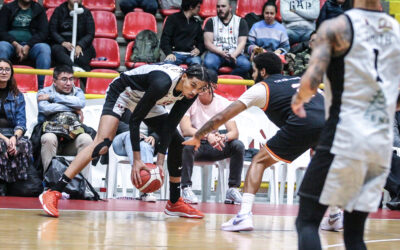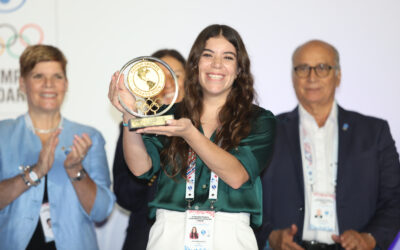By Christian Hollmann, dpa
It’s been a disappointing Olympics for Germany as it finds itself off the pace in Rio – and wondering what needs to be done.
Rio de Janeiro (dpa) – Germany’s leading sports officials are under acute pressure to act after the nation’s Olympics triumphs have dwindled in Rio de Janeiro.
What now looks like being the weakest overall yield of a German Olympic team since reunification in 1990 is causing German Olympics Sports Association DOSN president Alfons Hoermann to fear for the future.
«If we do not act quickly and clearly and have the courage to adjust things, then Tokyo 2020 at the least and far more 2024 and 2028 won’t turn out as we imagine,» he said.
More gold medals in Rio than in London 2012 and triumphs from the likes of gymnast Fabian Hambuechen, beach volleyball duo Laura Ludwig and Kira Walkenhorst and track cyclist Kristina Vogel cannot hide the fact that Germany has lost ground on the world’s best in many sports.
The swimmers, fencers and road cyclists went completely without medals and contributed to the fact that Germany’s Olympic team of 423 athletes will probably miss the DOSB’s modest target of 44 medals.
In Barcelona in 1992, the first Games following reunification, the tally was 82, including 33 gold. Since then the number of Olympic disciplines has increased from 257 to 306, but the sum of German medals has generally declined, despite London’s tally of 44 going three better than Beijing in 2008.
Before the last three days of competition in Rio, Germany had 32 medals including 13 gold.
Gold medallist Hambuechen said: «You have to say that we have stood still. There is a lot of money for top sports available, but this must be targeted.»
The vexed question of funding and the right structures for successful competitive sport are issues which will be debated in the coming weeks between the DOSB, sports associations and the interior ministry. There are bound to be controversial discussions over basic policy and wrangling over who should get what.
Interior Minister Thomas de Maiziere said the question of whether there should be more funding depended on what sort of structures are in place in sport which the government will want to promote.
But Germany’s Olympic delegation chief Michael Vesper says: «The fact that we need more resources is indisputable.»
Hoermann believes the time for haggling is over and it is now time to put sports reform plans into effect. German sport can’t simply carry on as before, he says.
Authorities will have to deal in detail with every individual sports federation, he told Germany’s ZDF television on Friday.
«Where there were either no medals or targets were nowhere near reached we will have to discuss the structures of the federations very critically,» he said.
These have been anything but carefree days on the Copacabana for the German Olympic delegation.
The death of the slalom canoe coach Stefan Henze after a car crash cast a pall over the German team.
The absence of senior German politicians in Rio did not go unnoticed and was seen as lack of support for the nation’s athletes. That along with annoyance over organizational shortcomings at the first summer Games in South America also affected the mood.
Even the surprise discus gold for Christopher Harting led to a storm of indignation when he fooled around during the national anthem at the medals ceremony.
Germany went the first three days without a medal before the eventing riders garnered gold, the shooters came good after firing blanks in London and the rowers and canoeists remained a medals bank.
Angelique Kerber clinched a silver in tennis to recall the Steffi Graf era, and the footballers, handballers, hockey and table tennis players showed that Germany remain strong in team sports.
Lined up against this were a series of disappointments, especially in the core Olympic sports of athletics and swimming. For the first time since 1932, the swimmers return home without a medal.
Hoermann described this as «absolutely alarming» and says the elite athletes are now more international and there is a greater depth of talent.
«The number of nations represented in the medals table will rise,» he said. For Germany’s best athletes, the air in Tokyo in 2020 will probably be even thinner.




